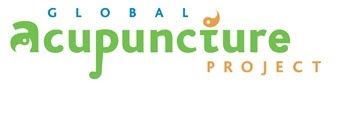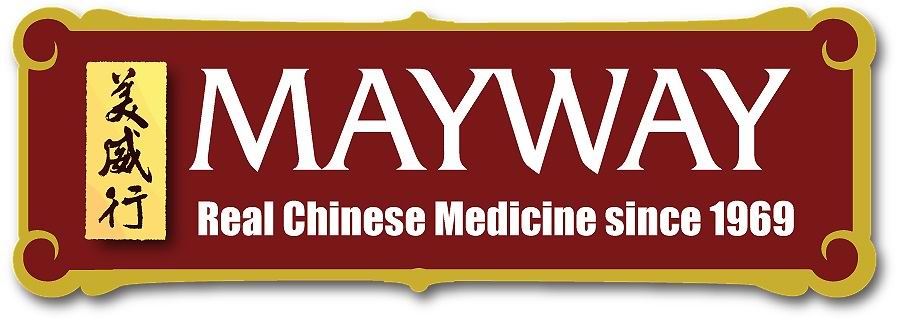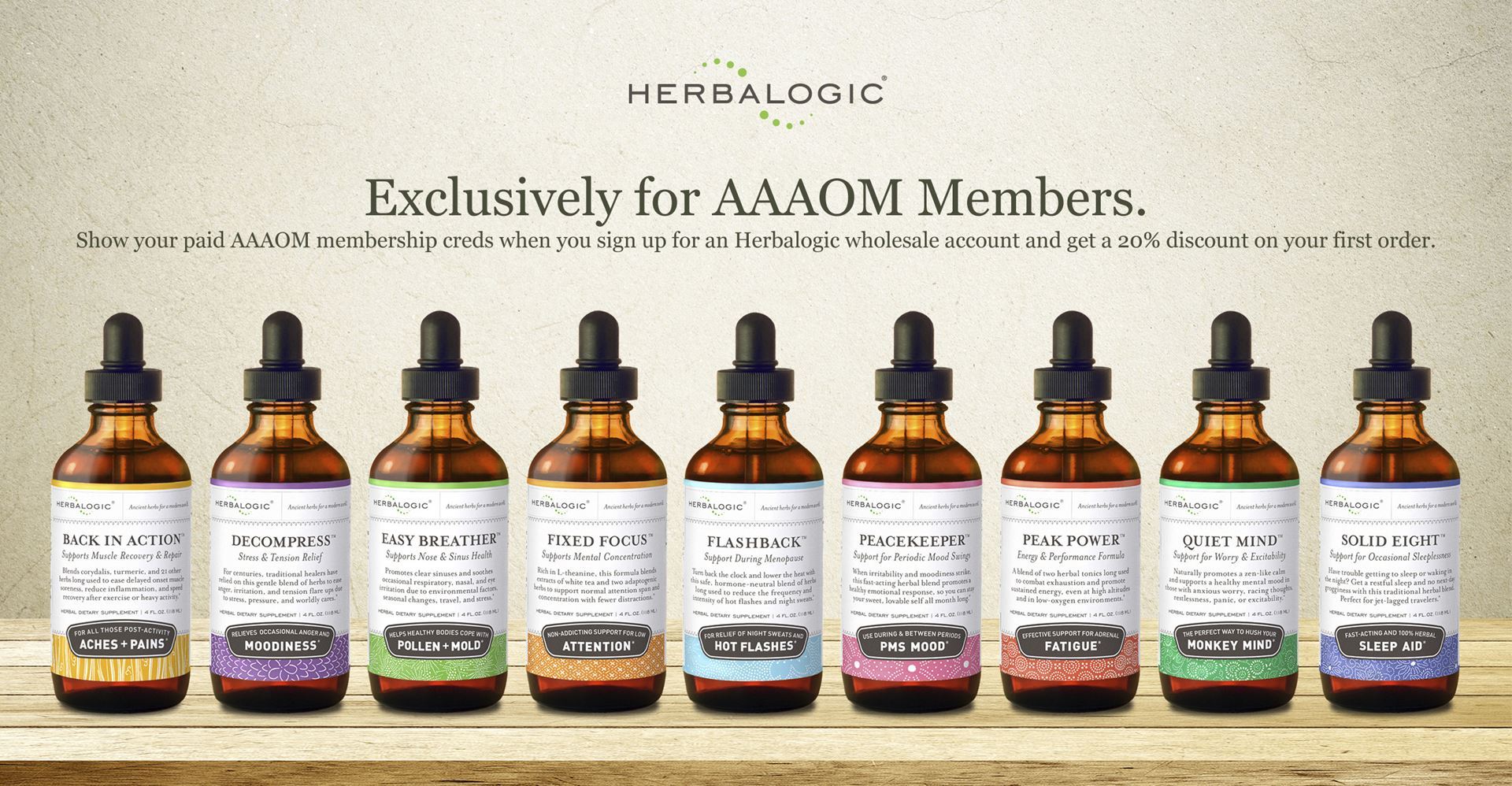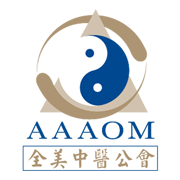|
In the April 9th, 2012 online edition of the Proceedings of the National Academy of Science, an article appeared titled:Aristolochic acid-associated urothelial cancer in Taiwan. This article describes a higher incidence of a particular kidney cancer in Taiwan, where herbs containing aristolochic acid (AA) were used with some frequency leading to a public health concern.
In the USA, news like this brings out those who call for banning of all Chinese herbal medicines, stricter regulations or any of a number of knee-jerk reactions to a problem that the FDA had solved years ago. This article describes that import ban as well as provides some of the background information on herbs that contain aristolochic acid.
The FDA Banned Herbs that Contain Aristolochic Acid in 2000
Aristolochic acid (AA) is a chemical found in a few Chinese herbs, some of which were widely used in mainland China from the 1930's through 2003 when they were banned for medicinal use in mainland China [source]. The US FDA also moved to alert the acupuncture and Oriental medicine (AOM) community of the dangers of AA as early asMay 31, 2000. Since then, AA containing herbs have disappeared from professional distributors that supply practitioners with their bulk herbs and herb extracts.
 As far as professional Chinese medicine herbalists go, this is a problem that was solved years ago, but it continually arises in the press and so we must continually remind consumers that AA containing herbs are no longer available in the US. However, there may be some old "patent formulas" that remain on store shelves with the banned ingredients. These are the over-the-counter equivalent of what AOM practitioners use in practice. These pre-made herbal products that are imported from China represent where consumers may still run into adulterated or contaminated products that can represent a potential health risk. As far as professional Chinese medicine herbalists go, this is a problem that was solved years ago, but it continually arises in the press and so we must continually remind consumers that AA containing herbs are no longer available in the US. However, there may be some old "patent formulas" that remain on store shelves with the banned ingredients. These are the over-the-counter equivalent of what AOM practitioners use in practice. These pre-made herbal products that are imported from China represent where consumers may still run into adulterated or contaminated products that can represent a potential health risk.
Which products are safe, and which are not? That is not something I can answer because there are unfortunately numerous counterfeit products on the market as well as name-brands that are respected and trusted in China and the US. As a rule, practitioners of AOM purchase their herbs from distributors that support the professional-use market. However some practitioners grew up with or have some other affinity for many of the common pre-made formulas available in herb pharmacies such as you might find in a Chinatown and so their in-house pharmacies may carry these products.
Working directly with a practitioner in your area is the best choice, however the major herb brands that you may find available online also have a vested interest in your health and welfare. That's why one of the better methods to determine if your brand of herbs is playing by the rules is to purchase from brands, manufacturers or retailers that have become a member of the American Herbal Products Association which supports companies that have shown an interest in protecting the good name of herbal medicines.
All of this being said, AA is a dangerous adulterant and I support the FDA's work to screen AA out of any of our products being used for health and healing.
39 Dead in Belgium
I would like to address one frightening statistic that often arises in any discussion of AA, and some of the lessons learned from the horrific outcomes that appeared after a weight loss clinic in Belgium used some Chinese herbs. In the 90's, a weight loss clinic was throwing anything and everything at their patients under the treatment principle that more is better (ironic for a weight loss protocol).
One of the ingredients of their proprietary weight loss formula included "fang ji" (or fangchi) which is a diuretic herb most often used for arthritic pains associated with edema. However, due to a number of errors, the following incidents took place:
- Han Fang Ji (Stephania) was erroneously replaced by Guang Fang Ji (Aristolochia). The reason for this is three-fold:
-
- The two herbs have similar properties and therapeutic functions.
- They look similar when the root is chopped up and sold to herb pharmacies.
- Their names both include "fang ji" though the first part obviously different.
- The traditional methods of cooking this herb were not followed (according to the Merck index, AA is insoluble in water, which may be why reports of toxicity in water decoctions were not observed up until this point in Chinese medicine's long history.) Rather, the herb was simply ground up and added to some other ingredients.
The take-home message here is that these were physicians who were not trained in the safe and efficacious use of Chinese medicine. As it turns out, we have many really safe diuretics if that is needed for weight loss. I have yet to understand why they chose either of the "fang ji" herbs.
Fallacy: Chinese Herbal Medicines Aren't as Safe as the Better Researched Western Drugs
I bring up this fallacy because of the Belgium weight loss clinic described above wasn't killing their patients with only AA containing herbs, but with an FDA approved drugfor weight loss known colloquially as "Fen Phen" (fenfluramine/phentermine). This drug causes heart valve issues and deadly pulmonary hypertension. There were 113 adverse events recorded before the FDA acted.
While AOM practitioners often cite the 2000 years of safe usage of medicinal herbs in China, the fact remains that over those 2000 years, many herbs have fallen into disuse because of observed adverse events such as those arising with AA containing herbs.
In this regard, Chinese and Western medicine both get to learn from their mistakes.
Consumers Can Check Their Medicine Cabinets
According to the Proceedings of the National Academy of Science article, the damage done by AA is irreversible, and patients treated with Aristolochia herbal preparations at any time in their life are at significant risk of developing kidney cancer or chronic kidney disease.
Aristolochic acid herbs appeared in a few Chinese herb formulas that were imported into the US, however it is unknown to what extent. It does not appear that the FDA asked for a recall of these products at the time, only the raw herbs (branches, roots, etc.) that contain AA were recalled.
In the formula called "Longdan Xiegan Tang" the herb "mu tong" is used, however as is the case with "fang ji" there are varieties of mu tong that contain AA and those that do not. If you have any Longdan Xiegan Tang, look for the ingredient Guanmutong (Aristolochia manchuriensis). That's the ingredient you'll want to avoid. If you see "mu tong" with no latin, then you should perhaps pass on that version as well. FDA regulations (DSHEA) require that herbal product labels list ingredients using the "latin binomial" botanical name of the plant or material used. So it should be easy to see the word "Aristolochia" there. If the product is not compliant with this basic DSHEA requirement of providing the latin names, then they may not be compliant with other good manufacturing practices, either. Something to think about.
First, Do No Harm
These were the first words my own clinical supervisor impressed upon me early in my education, and this is not unique to my experience. Licensed practitioners of Oriental medicine have a vested interest in your health. It is inconsistent with our economic or humanistic goals to provide our patients with known carcinogens. Aristolochic acid is one example of the way in which a profession learns and grows. While we learn more from mistakes than successes, they are fortunately very few and far between.
-Al Stone, L.Ac., DAOM
Related:
Over-the-counter analgesics are also known to increase the risk of renal cell carcinoma(kidney cancer).
Consumer guidance from AHPA
Tags: adulterated aristolochic acid contamination herb safety
|




